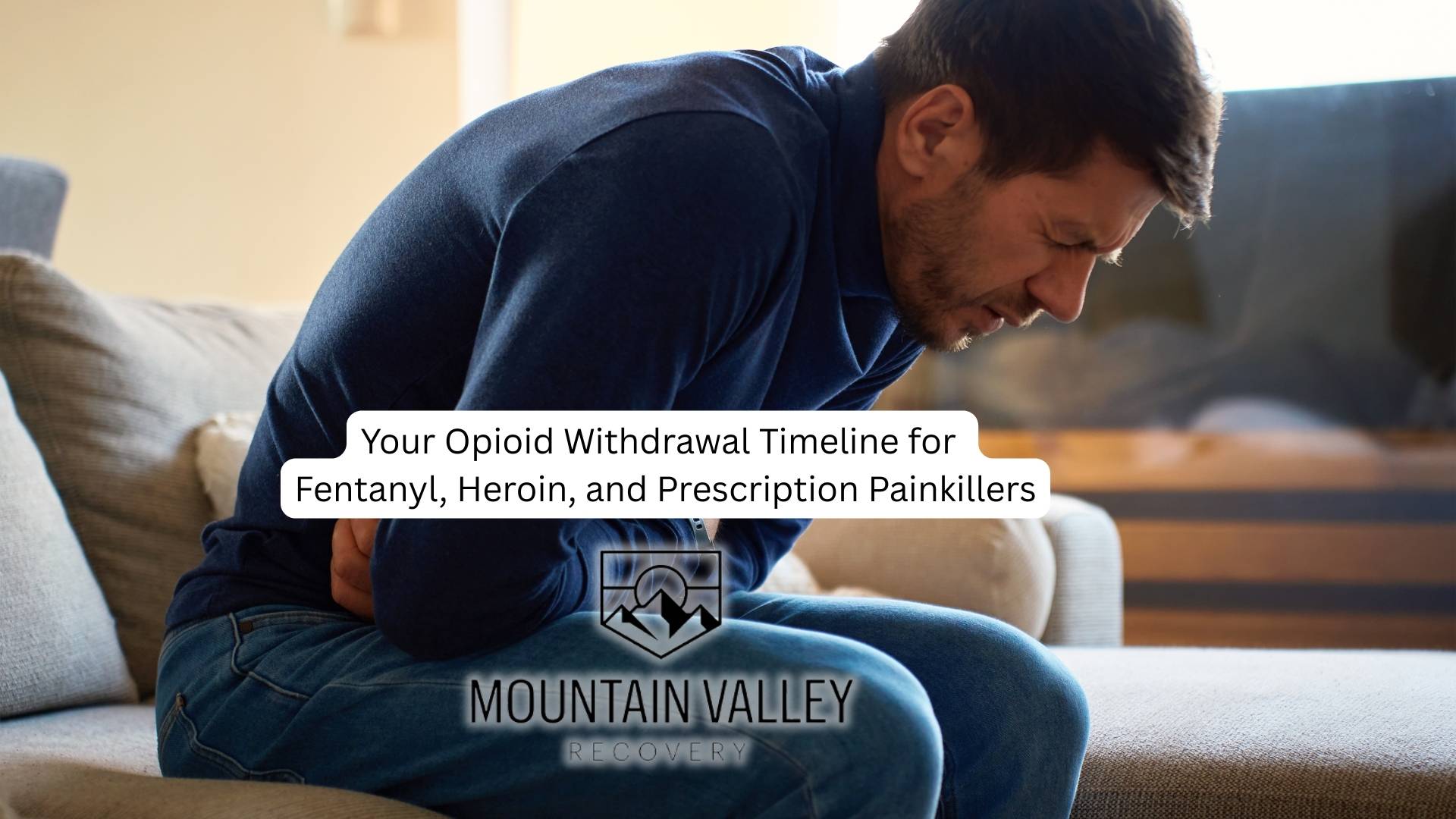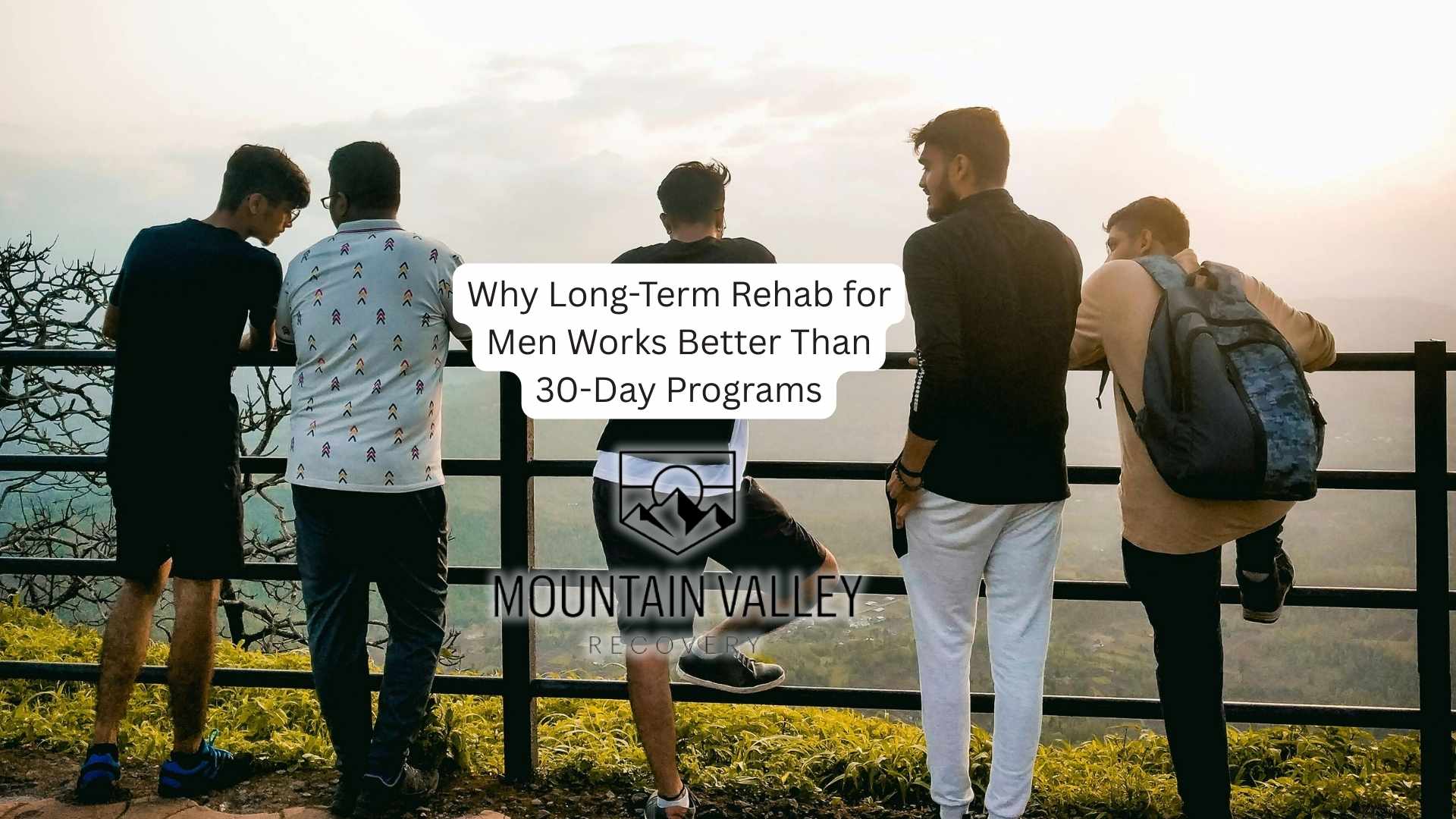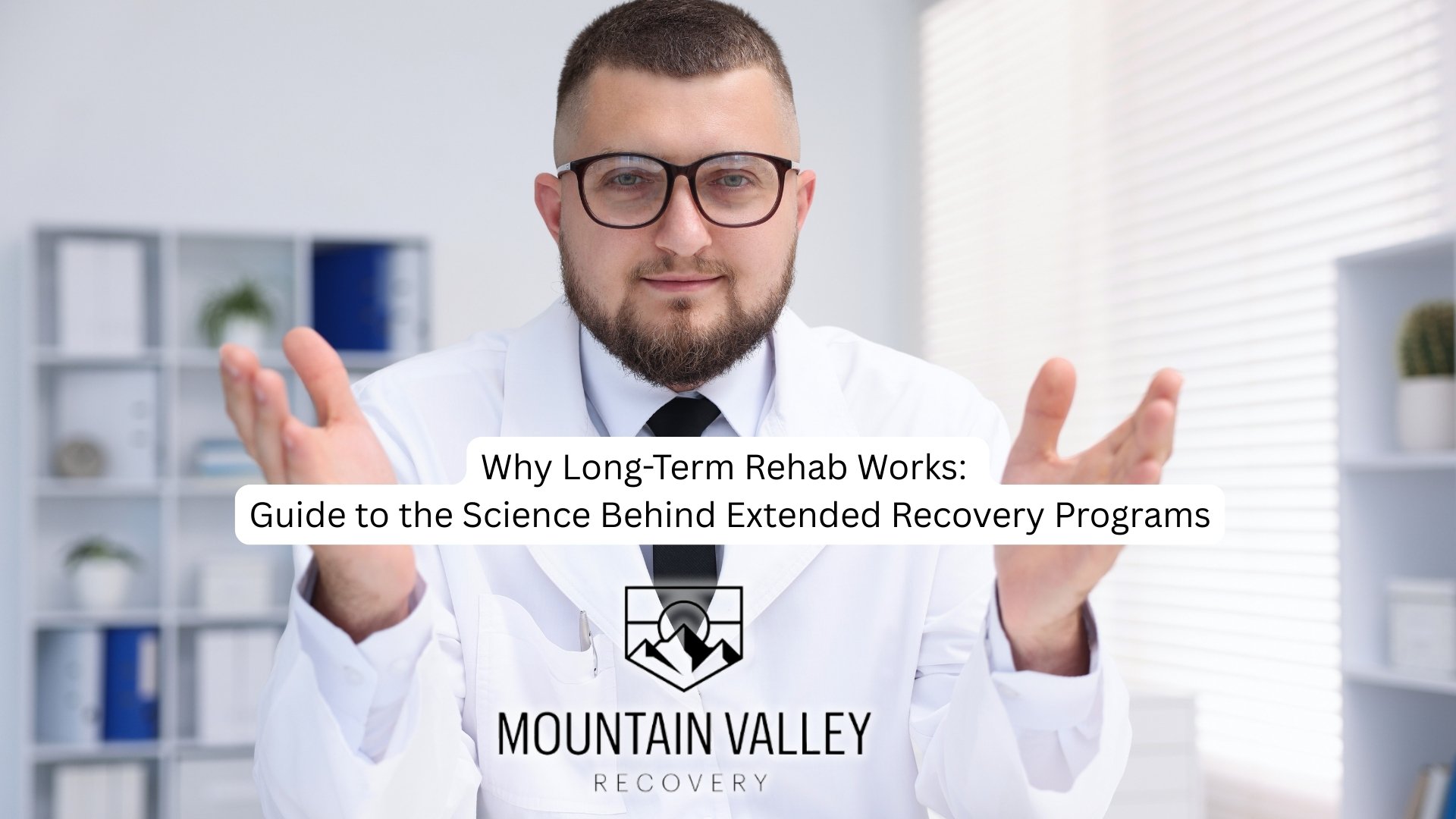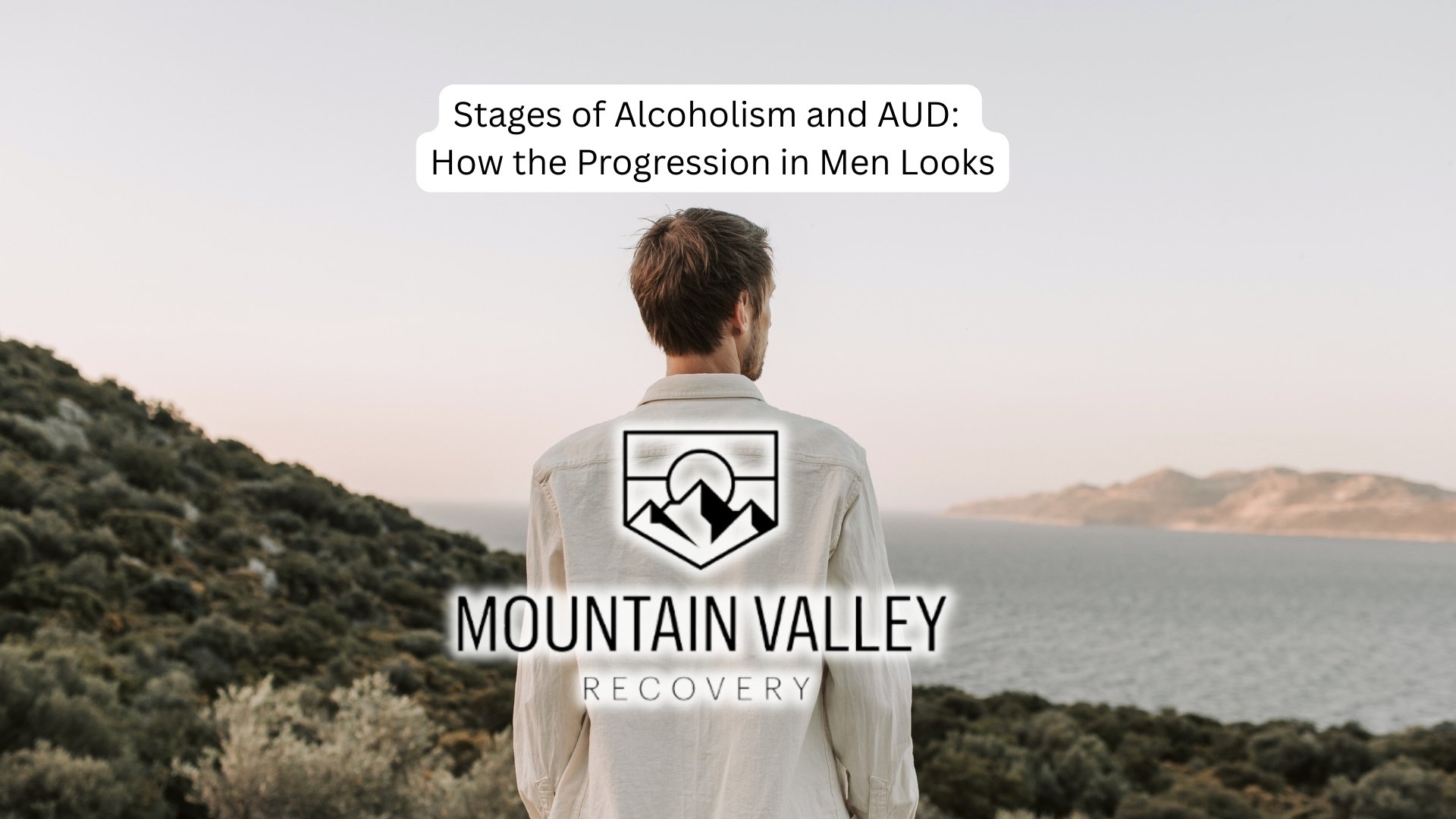Traditional rehab programs don’t always meet the specific needs men face in recovery. Many men are taught to hide emotion, appear strong, and handle problems on their own. These patterns make it harder to open up and fully engage in treatment.
A rehab center for men offers a more focused approach, combining structure, accountability, and goal-driven care in an environment designed to match how men respond to treatment.
Understanding Addiction in Men
Addiction affects men in ways that are often shaped by biological, psychological, and cultural influences. Men are more likely to use drugs or alcohol in response to external pressures such as work-related stress, emotional suppression, or social expectations. Many men delay seeking help, in part due to cultural norms that discourage vulnerability and self-reflection.
These behavioral patterns, including emotional isolation, aggression, and risk-taking, are common among men struggling with addiction. Addressing these issues requires a treatment program that is tailored to the unique needs of men. A rehab experience designed around how addiction in men develops and progresses allows men to fully engage and begin building lasting change.
The Purpose of Men’s Rehab Centers
Rehab centers for men provide a non-judgmental space for men to work through addiction and mental health conditions in a structured setting. These treatment programs are not only focused on substance use but also help men address behavioral, relational, and emotional challenges that often go untreated in traditional, mixed-gender settings.
A men’s rehab program typically emphasizes discipline, routine, and progress. These centers also focus on helping men achieve accountability and emotional growth through therapy that respects how men process stress and trauma. This environment where men can connect with peers, set goals, and build structure makes long-term recovery more attainable.

Key Features of Men’s Addiction Treatment
Structured Daily Routines
A consistent daily schedule supports mental and physical health, which are often disrupted by prolonged drug or alcohol use. Routines help reduce impulsivity, support emotional regulation, and create structure, all of which are critical in rehabilitation. Many programs provide structure to help men rebuild habits and stay focused on recovery.
Individual and Group Therapy
Men’s rehab programs combine private counseling with peer-based group therapy. These sessions help men explore trauma, behavioral patterns, and mental health issues like depression or anxiety. Group therapy provides a supportive environment where men can learn from others and develop healthy coping mechanisms.
Co-Occurring Mental Health Treatment
Many men struggling with drug or alcohol addiction also deal with mental health disorders. Treating addiction alongside co-occurring mental health conditions is essential to long-term success. These integrated programs support men in managing both substance use disorders and related issues like PTSD, anxiety, or mood disorders.
Male-Oriented Life Skills Training
Treatment programs for men often include practical skills development, such as communication, stress management, and decision-making. These skills are critical for adult men reintegrating into work, family, and community life. The goal is to help men function confidently without returning to harmful behaviors.
Physical Wellness and Fitness Integration
Men’s rehab centers frequently incorporate exercise and structured physical activity. These activities help improve sleep, mood, and overall physical health while reducing stress and anxiety. Whether through strength training or outdoor activities, fitness becomes a core part of the rehab experience.
Relapse Prevention Planning
Effective addiction rehab includes relapse prevention strategies tailored to the individual. Clients learn to recognize triggers, manage cravings, and plan for high-risk situations. Rehab facilities guide men through setting realistic goals and building support networks to stay on track after formal treatment ends.
Types of Treatment Programs Offered
Medical Detox
A detox program is often the first phase in treating addiction and mental health together. It safely manages withdrawal under medical supervision, stabilizing the client for further care.
Inpatient and Residential Treatment
Inpatient rehab or residential treatment centers provide full-time care in a highly structured environment. This program is ideal for men with severe addiction or mental health disorders who need intensive support and distance from daily triggers.
Outpatient Programs
Outpatient treatment programs provide flexibility for men who cannot commit to full-time care. These programs may include therapy sessions multiple times weekly while the client continues working or caring for the family. They are suitable for those with a stable home environment and mild to moderate substance use issues.
Intensive Outpatient Program (IOP)
An intensive outpatient program offers more structure than standard outpatient treatment. It allows men to receive daily therapy and support while living at home or in a sober living facility. IOPs help men transition from inpatient rehab or serve as an alternative to residential care.
Partial Hospitalization Program (PHP)
A partial hospitalization program offers daytime clinical care while allowing clients to return home in the evening. PHPs are a step down from inpatient drug rehab but still provide intensive therapy for those with complex substance use or co-occurring mental health needs.
The Importance of Gender-Specific Therapy
Men in recovery often find it easier to share in groups of peers who understand their challenges. These male-only sessions encourage honest dialogue and address core topics such as fatherhood, identity, and emotional restraint.
Many men enter addiction treatment with long-standing patterns of emotional avoidance. Gender-specific therapy helps break through those barriers using evidence-based approaches like cognitive-behavioral therapy (CBT), motivational interviewing, and trauma-informed care—all adapted for the unique needs of men.
Holistic Approaches in Men’s Rehab
A strong men’s rehab program balances clinical therapy with holistic practices. Physical fitness, outdoor recreation, and mindfulness exercises improve emotional regulation and support long-term sobriety. These approaches also contribute to better mental and physical health, reinforcing the mind-body connection during recovery.
Men’s addiction treatment programs may also focus on sleep, nutrition, and lifestyle planning to promote wellness. Rehab for men that combines clinical structure with holistic healing creates a foundation for sustainable progress.
Support and Community in Recovery
Peer support is a powerful part of addiction treatment programs for men. Being surrounded by others who understand the journey creates accountability and fosters emotional connection. In a rehab center built specifically for men, this kind of environment helps reduce isolation and encourages consistency in recovery.
Long-term success often depends on the community built during and after treatment. Rehab facilities often offer alumni networks, mentorship, and ongoing group sessions to keep men engaged. This kind of continued support helps men in recovery stay grounded and resilient as they move forward.
Final Thoughts from Mountain Valley Recovery
A rehab center for men should offer structure, focus, and a treatment approach tailored to how men experience and overcome addiction. At Mountain Valley Recovery in Holden, Utah, we provide a clinically grounded, male-focused program that integrates therapy, daily routines, and ranch-based responsibilities. Our environment supports discipline, emotional growth, and long-term recovery through individualized care and practical life skills.





